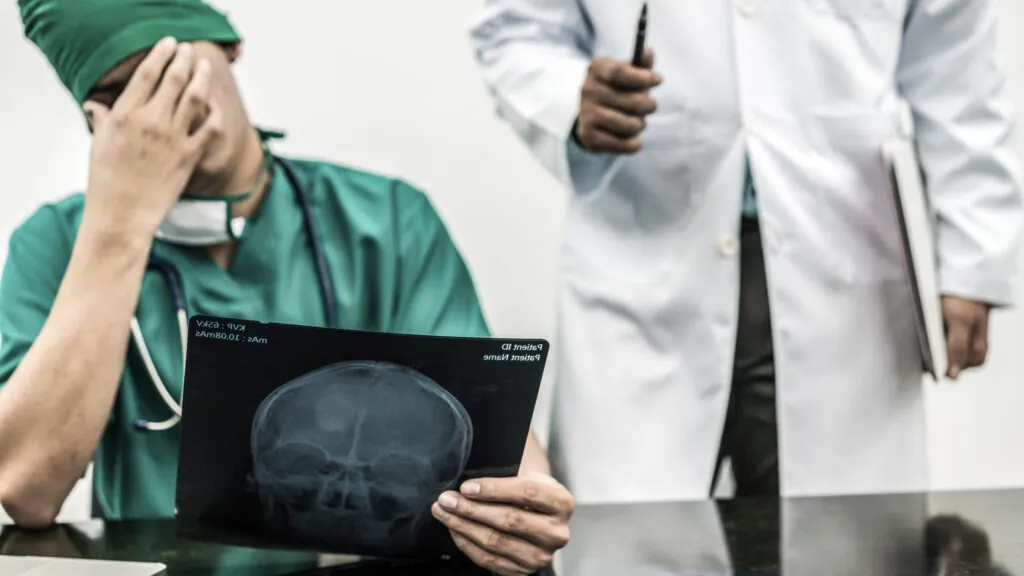How Do You Prove Medical Malpractice?
When a patient suffers an injury as a result of what a medical professional did or failed to do, they have the right to pursue compensation for their losses through a medical malpractice lawsuit. Medical malpractice occurs when a healthcare professional such as a doctor or a nurse, causes harm to a patient under their care. The harm may have been caused as a result of an act or failure to act by the medical professional. Some examples of medical malpractice include:
- Errors in prescription
- Failure to diagnose
- Misdiagnosis
- Birth injuries
- Failure to warn of all associated risks
- Failure to provide treatment
Proving a Medical Malpractice Lawsuit
Whatever the type of medical malpractice involved in your case, you will have to prove medical negligence in order to recover compensation for your damages successfully. While standards and regulations surrounding medical malpractice differ from one state to the other, the following are the basic elements you will need to prove in a medical malpractice lawsuit.
The existence of a doctor-patient relationship
You will need to show that there was a doctor-patient relationship between you and the doctor against whom you are bringing the lawsuit. You must show that treatment was received or there was an agreement to receive treatment.
A standard or duty of care was established
You must show that the medical professional owed you a duty of care. Medical professionals are obligated by law to exercise reasonable medical care when providing treatment for their patients. They must use their professional skills and judgment based on experience and knowledge to provide competent medical guidance and treatment. The medical professional must provide a standard of care that meets the standard accepted by the medical community in that geographical area.
A breach of the standard or duty of care occurred
In order to prove that the medical professional was negligent, you must show that their treatment (or lack thereof) did not meet the standard of care that is accepted by the medical community. You must show that their actions were not acceptable based on the standard of care expected of the medical community in the geographical area. This often means referring to the opinions of respected medical professionals.
The breach of the duty of care was the primary cause of your injuries
You must show that the errors or omissions of the medical professional were the cause of your injuries. This can be demonstrated through your medical records. Expert testimony provided by medical professionals in the same field can also be used to strengthen your argument.
The injuries you suffered resulted in damages
You must also show that your injuries resulted in losses. These may include medical expenses, lost wages, pain and suffering, psychological trauma, and many more. This can be challenging especially in the case where the injuries require long-term treatment and rehabilitation. It can be difficult to estimate the long-term implications of the injuries.
An experienced medical malpractice attorney can help you prove medical malpractice. They will help you build a strong claim and increase your chances of successfully recovering compensation.
Contact A White Plains Medical Malpractice Attorney to Schedule Your Consultation Today
Were you or a loved one injured due to medical malpractice in New York? Then you need to talk to an experienced medical malpractice lawyer as soon as possible for guidance on how to proceed. The NYC medical malpractice attorneys at Marvin A. Cooper, P.C. are prepared to assist you with your legal claim. We represent victims of negligent surgeons, doctors, nurses, and pharmacists throughout New York, including the counties of Westchester, the Bronx, Kings, Manhattan, Queens, Rockland, Putnam, Dutchess, Orange, Suffolk, and Nassau. Call us today at (914) 809-9945 or email us to schedule a consultation. Our main office is located at 245 Main Street, Suite 510 White Plains, NY 10601, and we also have offices in New York, NY.
The articles on this blog are for informative purposes only and are no substitute for legal advice or an attorney-client relationship. If you are seeking legal advice, please contact our law firm directly.

